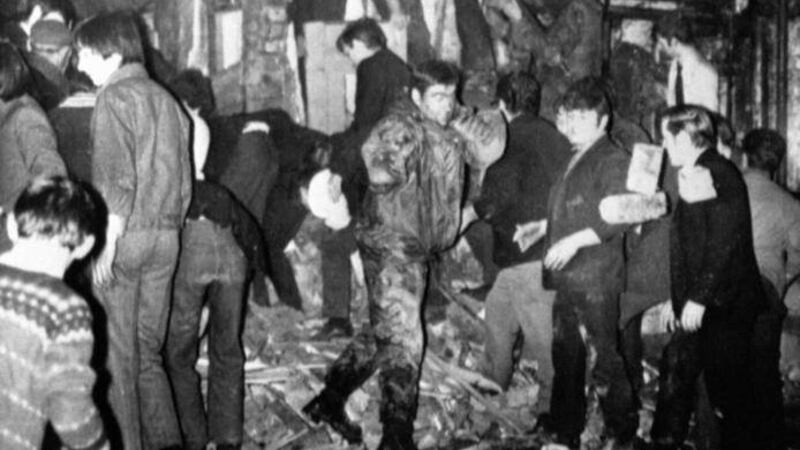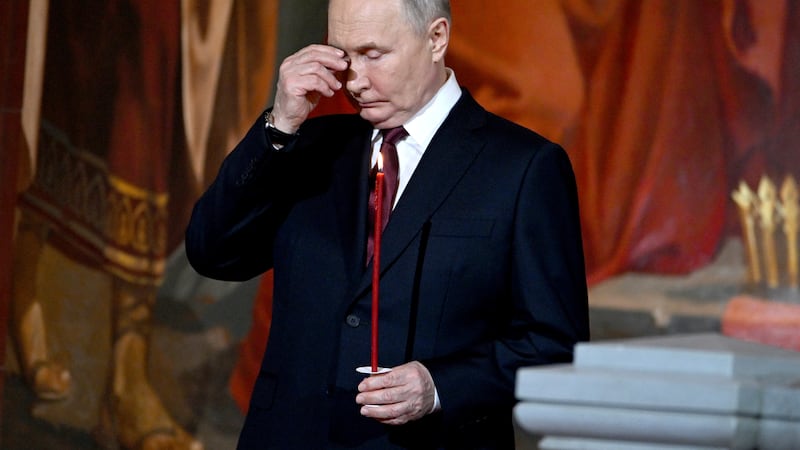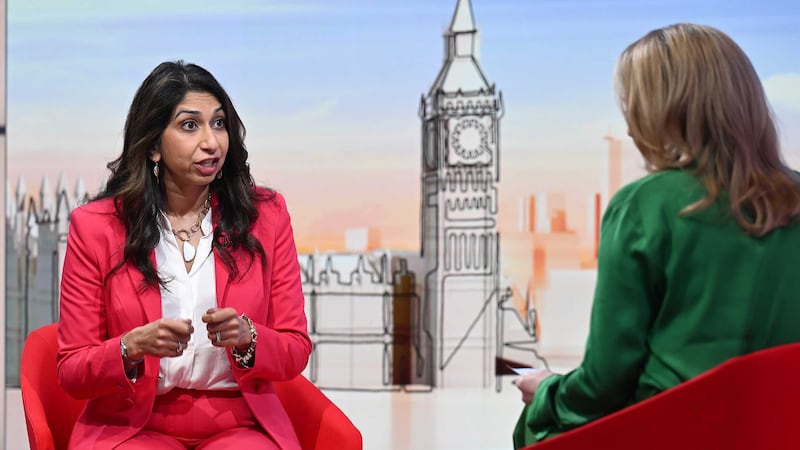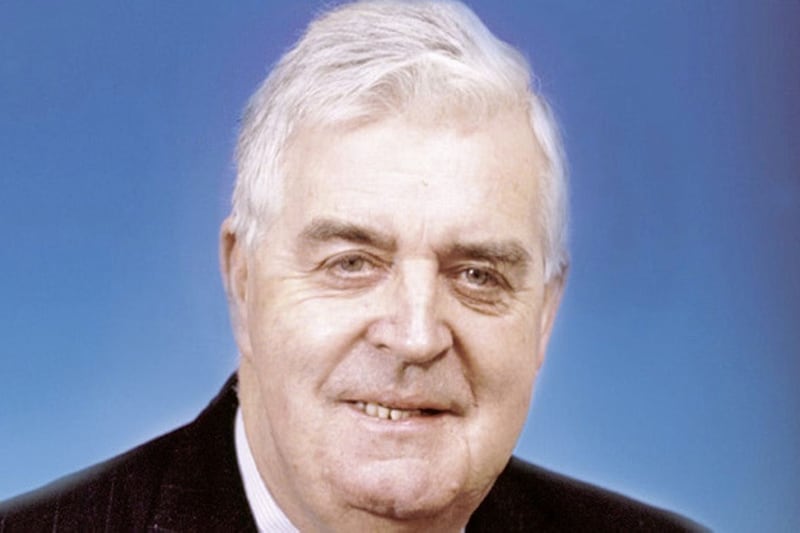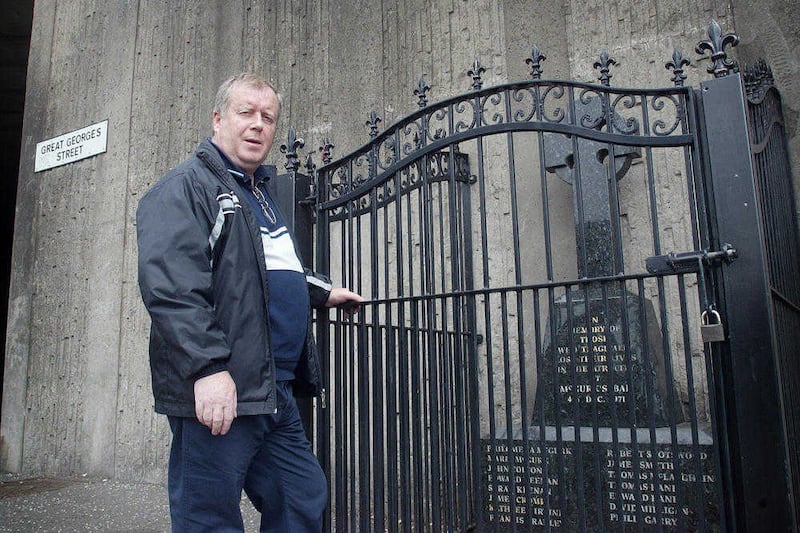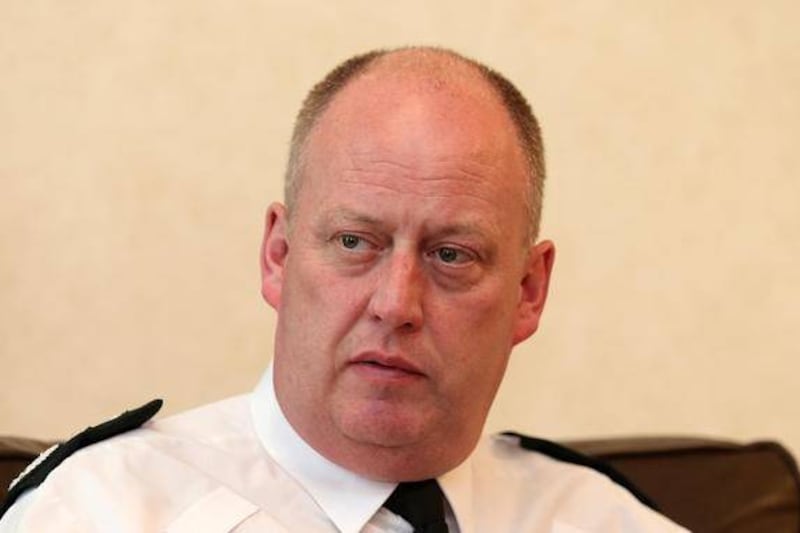RELATIVES of the one of Northern Ireland's worst Troubles atrocities have won High Court permission to seek to have a report into the bombing quashed.
The families of victims of the McGurk's Bar massacre are challenging a review by the now-defunct Historicial Enquiries Team (HET) which found no evidence of bias in the original RUC investigation.
A judge ruled yesterday that they have established an arguable case that the conclusions are irrational.
Mr Justice Treacy granted leave to seek a judicial review, with the case now set to proceed to a full hearing later this year.
Fifteen people were murdered when the north Belfast pub was blown up by loyalist paramilitaries in December 1971.
Four years ago a Police Ombudsman probe identified investigative bias in how the RUC handled the case.
It concluded that police failed to properly probe loyalist responsibility for the bombing because they were so focused on the idea that the IRA was to blame.
At the time of the bombing it was suggested that it may have been an accidental "own goal".
But in a subsequent review the HET reached a different conclusion - claiming no evidence of any bias on the part of the RUC investigators.
Those findings are being challenged in proceedings brought by Brigid Irvine, whose mother Kathleen was among those killed in the attack.
In court her barrister detailed new material provided to HET investigators by the victims' families.
Frank O'Donoghue QC also set out how the authorities allegedly embarked on a policy of deliberate disinformation in the aftermath of the attack.
Mr O'Donoghue argued that the HET findings were irrational and contrary to the overwhelming weight of evidence.
A second ground of challenge was based on an alleged failure to carry out an investigation which complied with Article 2 of the European Convention on Human Rights.
The court was told the HET findings representing a "gloves off" attack on the Police Ombudsman's conclusions.
"It's extremely important to the families that the findings within this document do not represent the last word on this issue in this way," Mr O'Donoghue added.
Peter Coll QC, representing the Chief Constable, claimed the HET probe did not "besmirch or belittle" the outcome of the Police Ombudsman's inquiries.
Emphasising how the HET no longer exists, he questioned what would happen if its findings were ultimately quashed.
But Mr Justice Treacy replied: "At the very least it would expunge from the report a conclusion the applicant submits is irrational."
Following submissions he confirmed leave to seek a judicial review was being granted on both grounds of challenge.
Outside court Ms Irvine's solicitor, Paul Pierce of KRW Law, claimed police have delayed dealing with the case.
"More than 43 years on the families of the McGurk's Bar victims are being re-traumatised every time they have to go to court," he said.
"However, we welcome the opportunity now for the court to examine the way in which the HET conducted its investigation."
